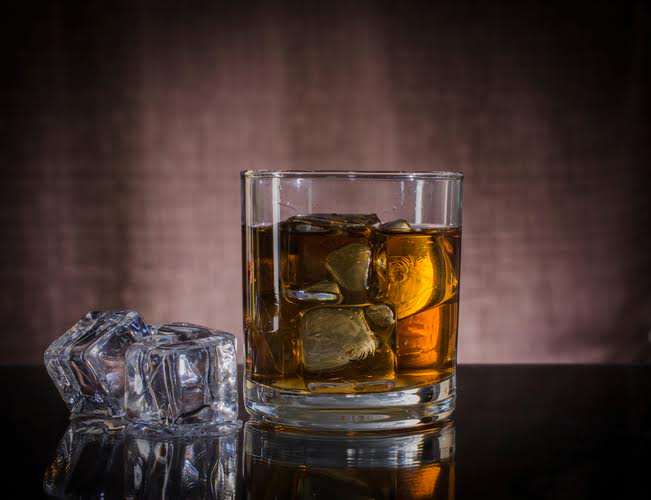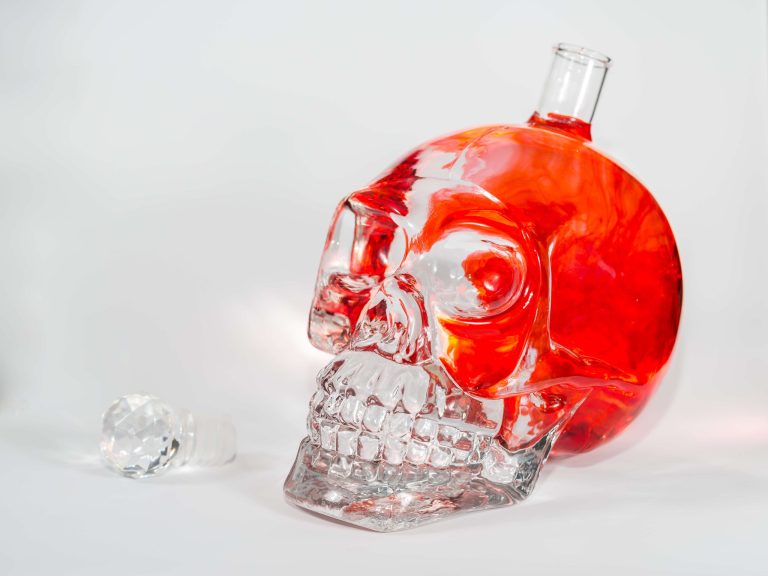These two are the main culprits behind that awful, run-over-by-a-truck feeling. Alcohol is a diuretic, which is a fancy way of saying it makes you pee a lot, flushing out water and essential electrolytes. Just chugging plain water isn’t always enough to fix the problem quickly.
Is It True That 2-Day Hangovers Get Worse With Age?
Now 36, I’ve become increasingly wary of the consequences of a big night, which can linger in various ways for multiple days. Some symptoms like fatigue, brain fog, or anxiety can still linger on day two, even if the headache and nausea are gone. Even if you “slept it off,” alcohol disrupts REM sleep, which is the part of sleep that helps you feel rested. If you’re still tired, give yourself permission to nap or sleep in early the next night. In this article, we’ll explain why some hangovers drag into day two, what symptoms to watch for, how to recover faster, and simple ways to avoid it happening again. Experiencing a prolonged hangover can be caused by a variety of reasons, but can definitely be avoided.
Why Am I Always Hungover?
If you were already a bit dehydrated before your first sip, alcohol is just going to make it worse. Other things can amplify alcohol’s effects, too—like drinking on an empty stomach (which makes alcohol absorb faster) or being tired or stressed to begin with. For some, it can even be a genetic thing, making it harder for their body to break down acetaldehyde, the main toxin from alcohol. A hangover can definitely drag on for a full 48 hours, giving you the dreaded “two-day hangover.” This usually happens after a night of particularly heavy drinking. DHM works by helping your liver break down acetaldehyde—that nasty, toxic byproduct of alcohol that’s largely responsible for your hangover symptoms.
Avoiding Multi-Day Hangovers: Practical Tips That Work Every Time
- Stick to clear, low-congener alternatives like light beer, white wine, or vodka if this is a concern.
- As people age they become less efficient at breaking alcohol down, meaning that people can find they aren’t able to drink as much as they did when they were younger.
- Additionally, stress hormones like cortisol remain elevated for days after drinking, creating a persistent state of heightened alertness and worry.
You should also know that a global study from 2018 indicated that there is no completely ‘safe’ level of alcohol consumption. Most people recommend sticking to lighter drinks with less congeners for less of a hangover – drinks like vodka and gin. It’s also believed that cheaper alcohol has more congeners, so it might be best to avoid the cheapest drink on the menu, too. Alcohol contains lots of different ingredients, preservatives, and additives that cause people to have negative reactions. In very rare cases, some people are even allergic to alcohol (although a true allergy is extremely uncommon).
You have a sensitivity, but don’t realize it.
Evidence from the Boston University School of Public Health would suggest, largely, you can avoid a hangover if you only have one or two drinks. This is unlikely to elevate your blood alcohol content to a level where it would come back down substantially, so giving you the symptoms of a hangover. So even if what you were drinking wasn’t particularly high in alcohol, you could be experiencing a ‘sugar hangover’, alongside regular hangover symptoms, if the drinks were particularly sugary.
Dealing with a hangover lasting 48 hours or more can be miserable. Factors like dehydration, drinking too much alcohol too quickly, mixing booze with medications, poor sleep, and low blood sugar can contribute to prolonged hangovers. To reduce chances of a 2-day hangover, pace drinking, alternate alcohol with water, eat while drinking, avoid risky medication combinations, and get plenty of rest. Lifestyle tweaks like these help your body process alcohol more efficiently to avoid a drawn-out hangover. If alcohol intolerance like Asian Flush may be to blame, consider flush https://ssds.ng/how-long-does-drug-detox-take-a-timeline-for/ prevention supplements which speed up the elimination of alcohol and it’s toxic byproducts.
- Movement gets your blood flowing and encourages your body to process leftover toxins more effectively.
- Also, alcohol can throw off your sleep and mess with your blood sugar, which makes recovery even slower.
- This one-two punch means alcohol lingers in your system longer and at a higher concentration, making its effects feel more intense and dragging out the whole miserable experience.
- Drinking can dehydrate you—even more so if you’re vomiting or suffering from diarrhea.
And what’s going on with the nausea that won’t go away?
Your hangover headache is actually a perfect storm of multiple physiological disruptions. The primary culprit is dehydration, which causes your brain to temporarily shrink and pull on the membranes connecting it to can a hangover last 2 days your skull (yes, it’s as unpleasant as it sounds). Research from the Journal of Clinical Medicine shows that this physical stress on your brain triggers inflammatory responses that amplify the pain.

But sometimes, those after-effects of a night of drinking stick around way past their welcome—like the dreaded two-day hangover which makes you realize, oh yeah, you’re not in college anymore. They support your body’s natural detox processes and immune function, making that 2-day hangover more manageable. This not only aids a quicker recovery but also aligns with a proactive, health-conscious lifestyle. You’re left wondering why some nights out leave you groggy for twice as long. For health-conscious individuals who enjoy their social drinks, understanding what prolongs these symptoms is crucial. Two-day hangovers can be very painful, but there are methods to get relief.
While mild to moderate symptoms are common after a night of drinking, chronic excessive alcohol consumption can lead to more severe hangover symptoms. Hangovers can manifest after a voracious night or even a day of drinking a mix of cocktails, hard drinks, beer, and many more, or even just taking a swig at a single alcoholic beverage several times. Experiencing a 2-day hangover means your hangover symptoms like headaches, fatigue, and nausea may persist for two days, disrupting your routine. Hangovers become prolonged due to factors such as dehydration, alcohol consumption levels, and individual metabolism.

Sometimes you can lose track of time or how quickly you’ve had that last cocktail, but slowing down the amount you drink really does make a difference. It also helps to pick drinks that you naturally drink slower, like an iced cocktail that’s too cold to drink fast compared to a shot that you consume in a second. Water is hugely important when coupled with alcohol consumption, but is often forgotten.
These remedies work in harmony with your system to mitigate hangover effects. Incorporating them into your routine means you’re choosing gentler, effective ways to address what ails you after a night out, without added strain on your body. When you’re bogged down by a 2-day hangover, heroin addiction prompt relief is the goal. Understanding why you might endure these extended hangovers is empowering.
Alcohol increases the amount of adenosine in the brain, which initially promotes sleep. As the body metabolizes the alcohol, adenosine levels drop, often causing a person to wake up before they’re fully rested. When alcohol is metabolized in the liver, it’s first converted into acetaldehyde by the enzyme alcohol dehydrogenase. Acetaldehyde is a highly toxic substance, even more so than alcohol itself.
